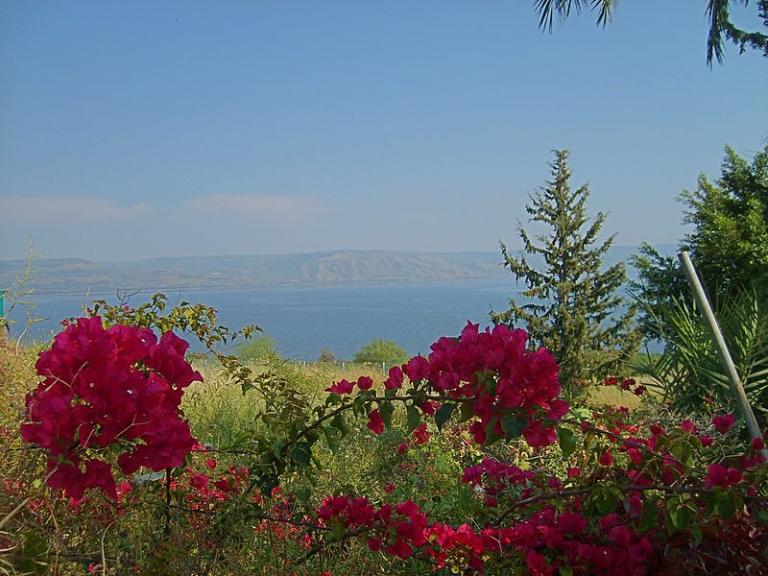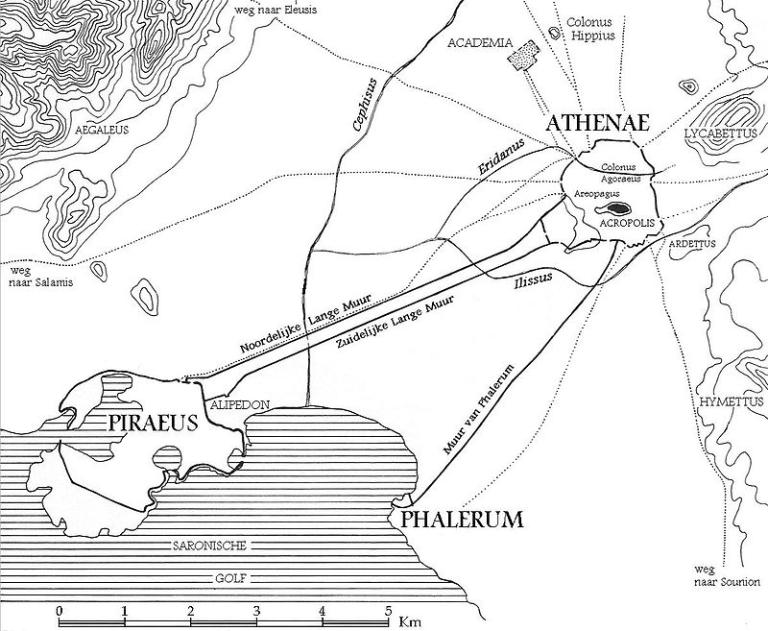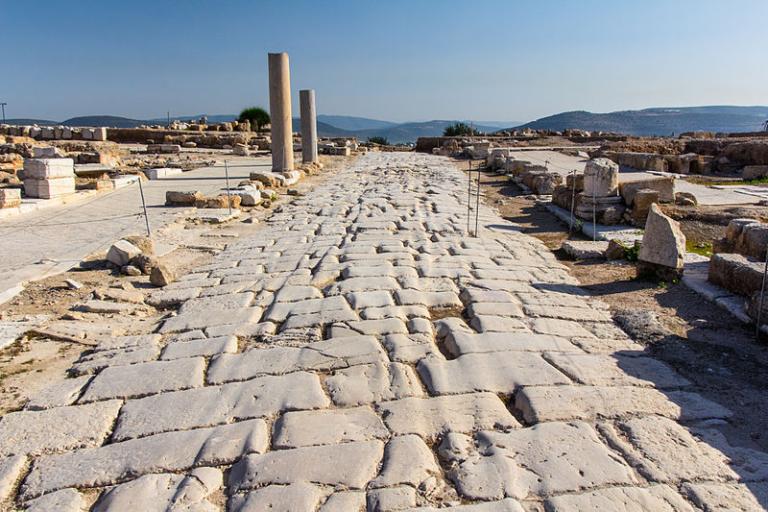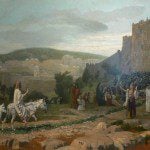
(Wikimedia Commons public domain photo)
Compare Mark 3:7-13; Luke 6:17-23
I have a very great deal to say about the Beatitudes, but not the time to say very much of it right now. I hope to eventually write a small book on them.
For right now, I’ll content myself with a brief comment about Matthew 5:6, which reads “Blessed are those who hunger and thirst for righteousness, for they shall be satisfied.”

(Wikimedia Commons public domain image)
There’s a story that’s told about the iconic Greek philosopher Socrates, who was supposedly standing, one day, near the seashore — perhaps (I don’t recall, offhand) near the Athenian port city of Piraeus — when a man approached him, asking to be his disciple.
Socrates, who was reputedly extremely strong (as well as extremely ugly), suggested that the man follow him out into the surf. Puzzled, the man did as he was asked.
When they had walked some distance into the water, Socrates suddenly grabbed the man and thrust his head into the water, holding him down for an uncomfortably long time. Finally, he allowed the man to surface again, telling him “When you seek the truth as desperately as you were craving air just now, you can be my disciple.”
How many of us really “hunger and thirst for righteousness” with anything remotely approaching that degree of intensity?
Jesus didn’t say “Blessed are those who kinda imagine that righteousness might possibly be sort of a good idea,” or “Blessed are those who approve of righteousness when they aren’t busy with something else and just happen to think about the subject.”
***

(Wikimedia Commons public domain photograph)
Compare Mark 4:21; 9:49-50; Luke 8:16; 14:34-35; John 8:12
We sometimes seem to imagine that, eventually, everybody on the planet will accept the Gospel and join the true Church. And, sometimes, we’re derided by critics — especially of the cynical, apostate kind — because the Church has signally failed to convert most of the world.
But I can’t see that the prophecies have ever indicated that the Church would enroll every single man, woman, and child on earth — certainly short of the Second Coming and the Millennium, and, it seems, not even then:
And it came to pass that I looked and beheld the whore of all the earth, and she sat upon many waters; and she had dominion over all the earth, among all nations, kindreds, tongues, and people.
And it came to pass that I beheld the church of the Lamb of God, and its numbers were few, because of the wickedness and abominations of the whore who sat upon many waters; nevertheless, I beheld that the church of the Lamb, who were the saints of God, were also upon all the face of the earth; and their dominions upon the face of the earth were small, because of the wickedness of the great whore whom I saw. (1 Nephi 14:11-12)
When the Savior tells his followers that they’re “the salt of the earth,” that, too, seems to suggest that they won’t predominate in numbers. The imperial church of Constantine and the very political church of the Middle Ages weren’t in his view. A small amount of salt seasons a large dish. (Elsewhere, Jesus compares the Saints to leaven, where the same principle holds.) An entire dish of salt would be entirely unpalatable, so that can’t be what he had in mind.
On an unrelated note, the “city set on a hill” here might well be an allusion to the hilltop town of Sepphoris. It was a booming new area during Jesus’ lifetime, still being constructed, and was within walking distance of Nazareth. The town of Nazareth was too small, probably, to sustain a “builder” (tekton) like Joseph. (There’s little wood in Palestine; he almost certainly wasn’t a carpenter. Not solely a carpenter, anyway. Perhaps “construction worker” will serve as an adequate translation for tekton.) But Sepphoris offered plenty of employment, and the young Jesus may well have walked over with Joseph and helped him in his work. References in the New Testament to corner stones and to building houses on rock rather than sand and so forth suggest some possible background with stonemasonry.
Posted from Richmond, Virginia












